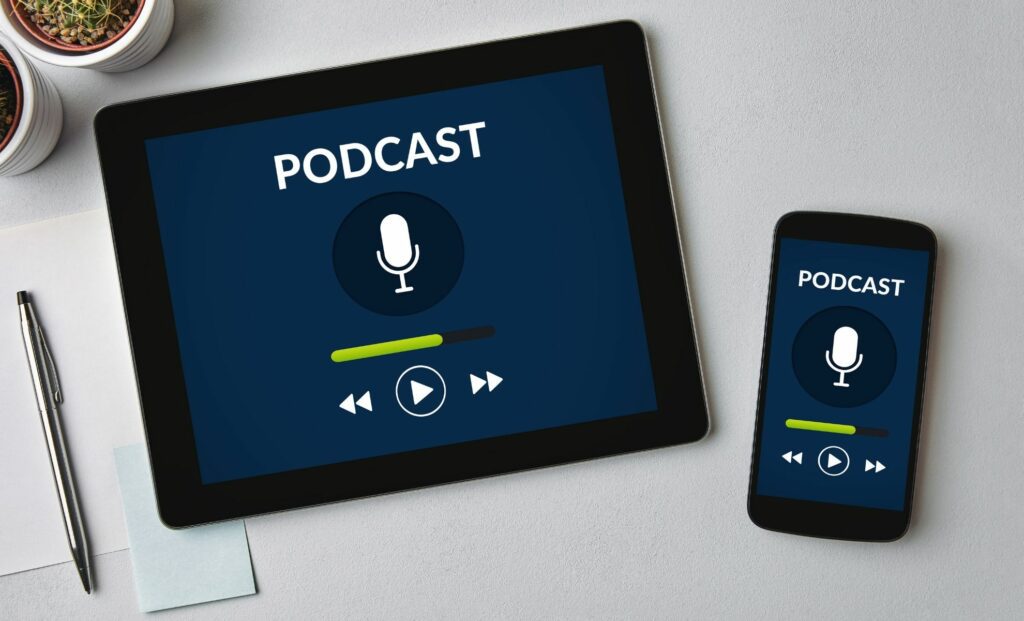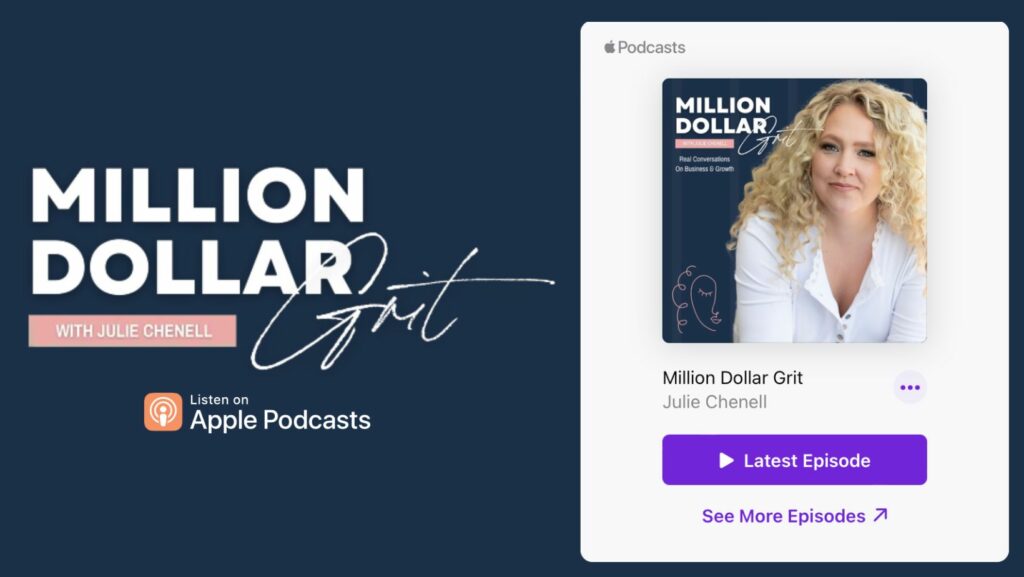PODCAST: Creating Positive Change with Marissa Castro Mikoy

Marissa Castro Mikoy, Executive Director of Jubilee Park shares how she is committed to creating positive social change through work that she loves. Institute for Women, Wellness & Work Marissa Castro-Mikoy Play Episode Pause Episode Mute/Unmute Episode Rewind 10 Seconds 1x Fast Forward 30 seconds 00:00 / 00:23:12 Subscribe Share Amazon Apple Podcasts Breaker Google Podcasts Spotify RSS Feed Share Link Embed Download file | Play in new window | Duration: 00:23:12TrendingWhy Many Organizations Don’t Prioritize Women’s Leadership and How They Can StartSubscribe: Amazon | Apple Podcasts | Breaker | Google Podcasts | Spotify







